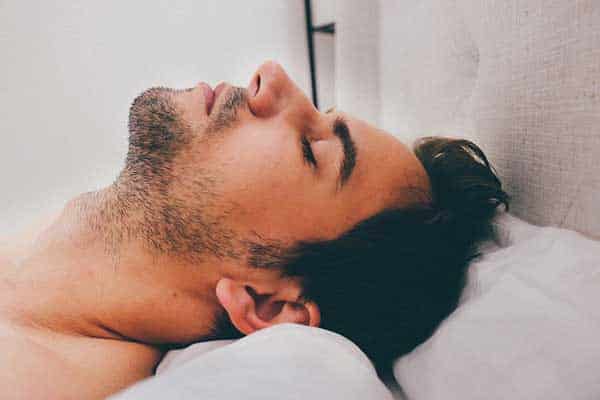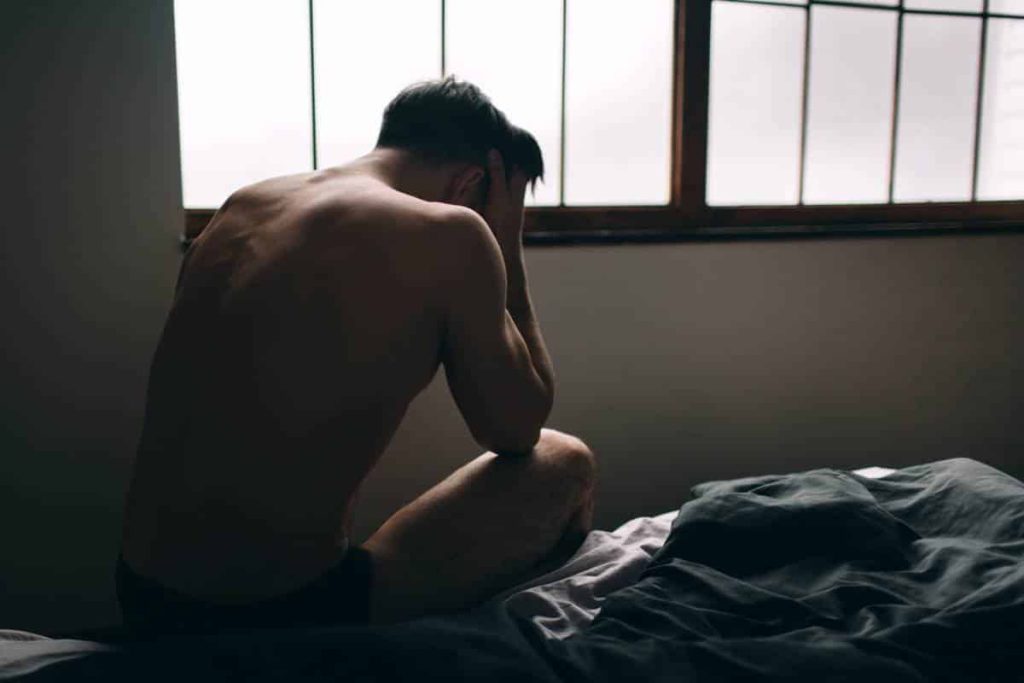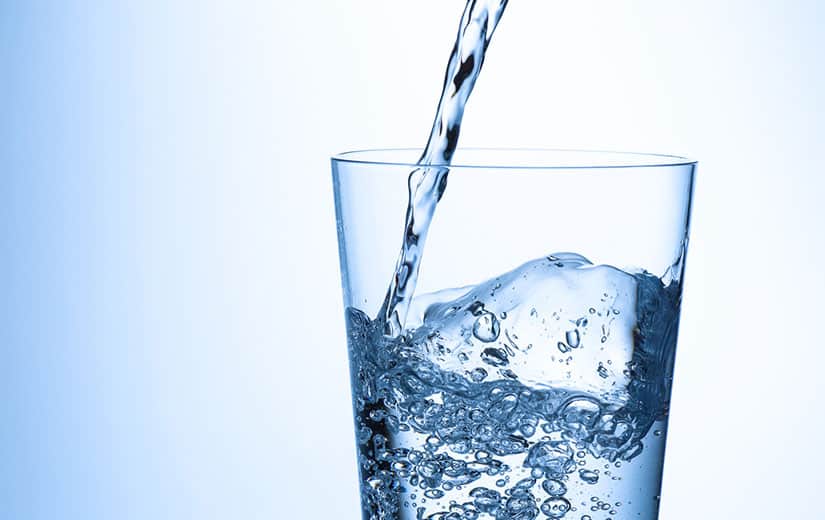Do you wake up tired or with headaches? Do you snore or has your significant other ever told you that sometimes at night you stop breathing? You may be suffering from this strange condition called sleep apnea. Far from being trivial, this disorder can have real negative consequences on your quality of life. It is for this reason that it is crucial to know how to detect it quickly and find the treatment best suited to your situation.
Summary
What is sleep apnea?
We often hear about sleep apnea without knowing what it really involves. The sleep expert Amélie Reniait of the site https://tousaulit.com explains to us that this syndrome is characterized by a momentary suspension of breathing during the phases of sleep. For lack of tone, the tongue and the muscles of the throat, especially the pharynx, relax and obstruct the airways. The air therefore circulates with difficulty and causes involuntary respiratory arrests.
Generally lasting 10 to 30 seconds (in the most serious cases), these apneas can be dangerous if they recur regularly during the night. Many doctors consider that this syndrome becomes very problematic when these breathing pauses return at a rate of 5 or more per hour.
What causes sleep apnea?
Surely you ask yourself a multitude of questions like: what actually causes sleep apnea? Are some people more prone than others to this syndrome?
To define the causes, you should also know that sleep apnea is divided into three types: Obstructive apnea, central apnea and mixed apnea.
- Obstructive apnea, which accounts for approximately 90% of apnea cases, is due to the relaxation of the tongue and throat muscles which prevent proper air circulation. The elderly, whose muscles are less toned, are therefore more prone to this type of pathology. In the same way, overweight people are more prone to suffer from apnea due to the excess fat present in the neck.
- central apnea is due to a malfunction of the brain. The order to breathe is no longer sent to the respiratory muscles which can therefore no longer fulfill their functions. This type of apnea often affects people who have had a stroke, suffering from a neurological disorder such as Parkinson’s disease or meningitis and people suffering from morbid obesity. The use of toxic substances such as alcohol or drugs can also cause central apnea.
- mixed apnea is neither more nor less than the combination of the first two forms of apnea.
If however, you suffer from one of the following symptoms, do not hesitate to consult.
- Intense fatigue on waking after a long night’s sleep or drowsiness during the day.
- Trouble concentrating or memory loss.
- Hypertension, irritability or depression
- Finding of respiratory arrest by your spouse.
Medical solutions and natural treatments
After one polysomnography, doctors often recommend the use of a mask or ventilation system to allow air to circulate properly. In some cases, surgery such as tonsil removal may also be considered.
You can also get rid of these apneas naturally by adopting a healthy lifestyle such as avoiding caffeine, stopping smoking, alcohol or losing weight. You can also elevate your head to prevent obstruction or learn to control your breathing, do exercises to re-educate your tongue and muscles.
Do not hesitate to consult your doctor in case of doubt!




